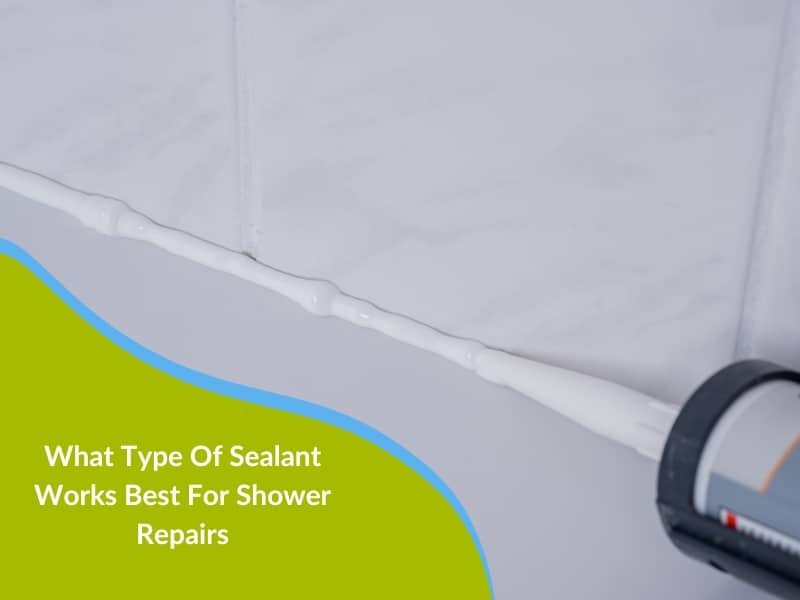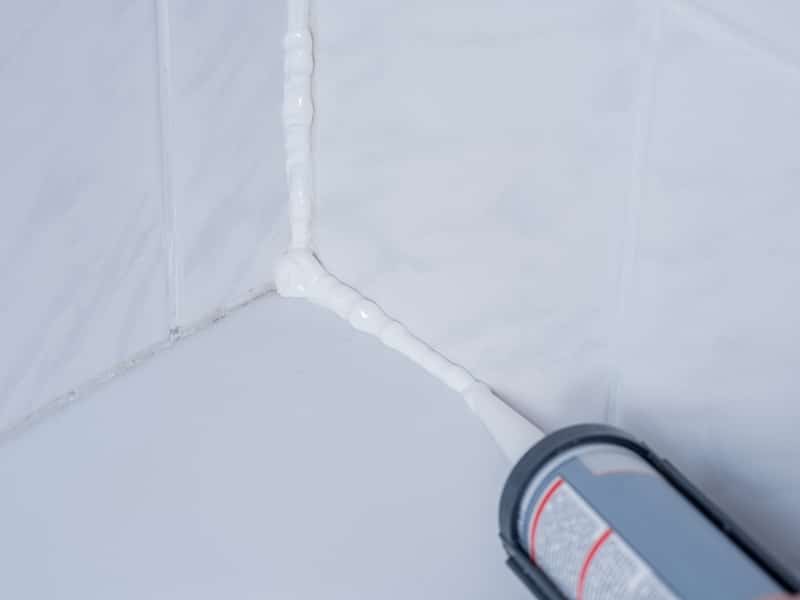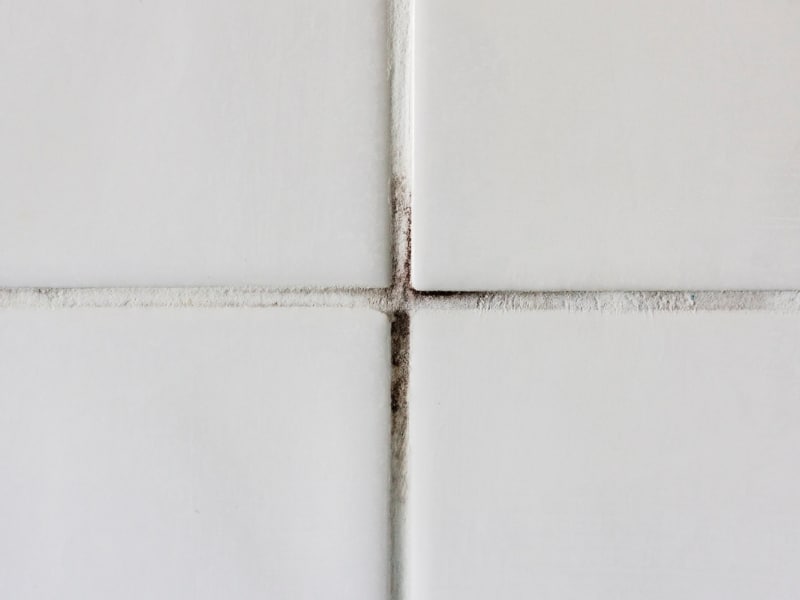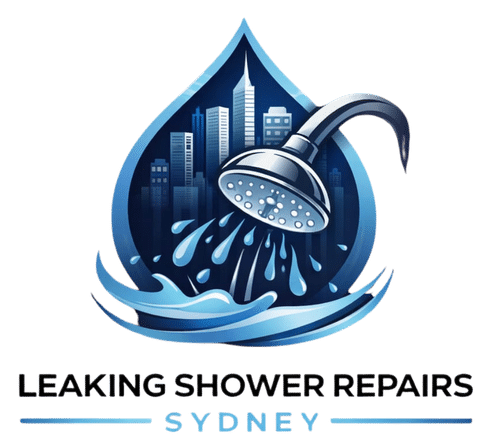What Type Of Sealant Works Best For Shower Repairs?

Maintaining a leak-free shower is essential for the overall integrity of your bathroom and home. When it comes to shower repairs, the type of sealant you use plays a significant role in preventing leaks, water damage, and mould growth. This article will explore the best sealant options for shower repairs, guide you on how to choose the right one and provide expert tips on application. Whether you’re a DIY enthusiast or considering professional help, understanding sealants will make a world of difference in ensuring a durable and lasting shower repair.
What are the common types of sealants used for shower repairs?
When it comes to shower repairs, choosing the proper sealant is essential to ensure your shower remains waterproof and protected from leaks. The most common types of sealants for showers include:
- Silicone Sealants: Silicone is popular for shower repairs because it provides excellent waterproofing properties. It is highly flexible and can withstand the movement and expansion of tiles, making it ideal for areas with fluctuating temperatures and moisture levels.
- Polyurethane Sealants: These sealants are known for their superior strength and durability. They are often used in industrial or high-traffic areas. Still, they are also an excellent choice for showers, offering great resistance to water and environmental factors.
- Acrylic Sealants: These are water-based, easy to apply, and provide a smooth finish. While they are less durable than silicone or polyurethane, they can be used for light shower repairs where water exposure is minimal.
- Hybrid Sealants: These sealants combine the benefits of silicone and polyurethane, offering the best of both worlds: flexibility, durability, and waterproofing ability. They are ideal for more extensive shower repairs and are highly resistant to water and mould.
How do you choose the right sealant for your shower?
Selecting the proper sealant depends on various factors, including the nature of the repair and the material of your shower. Here are some things to consider when choosing a sealant:
- Waterproofing ability: A sealant’s primary function is to provide a waterproof barrier. Choose a sealant with excellent resistance to water penetration and moisture.
- Flexibility: Showers experience constant movement due to temperature fluctuations, so the sealant must be flexible enough to expand and contract without cracking.
- Durability: Opt for a sealant that can withstand long-term exposure to water, cleaning products, and environmental factors like steam and humidity.
- Mould and mildew resistance: Showers are in humid environments, making them prone to mould and mildew growth. Choose a sealant that offers resistance to these elements to ensure long-lasting protection.
- Ease of application: If you plan on applying the sealant yourself, look for one that is easy to use and doesn’t require special tools or expertise.
- Compatibility with shower materials: Consider the materials of your shower, whether it’s tiles, glass, or acrylic. Some sealants work better with specific materials than others, so make sure your sealant is compatible.
What makes a sealant long-lasting for shower repairs?
For a sealant to last, it needs to meet specific criteria that ensure durability and effectiveness over time. Here are the factors that make a sealant long-lasting:
- Resistance to water and humidity: A long-lasting sealant will resist water and moisture, preventing leaks that can lead to damage or mould growth.
- Mould and mildew resistance: Being aware of the potential health risks of mould and mildew highlights the importance of maintaining a properly sealed shower to prevent moisture buildup. Using a sealant that resists these elements will help ensure your shower remains clean and safe.
- UV protection: If your shower receives a lot of natural sunlight, choose a sealant that provides UV protection to prevent degradation from sun exposure.
- Adhesion to surfaces: A long-lasting sealant must bond well with the surfaces it is applied to, ensuring it stays in place despite constant exposure to water and humidity.

How do you properly apply sealant for maximum effectiveness?
Proper application is crucial for ensuring the sealant works effectively and lasts. Here’s how to apply sealant for optimal results:
- Clean the surface: Thoroughly clean and dry the area where the sealant will be applied. Remove any old sealant, soap scum, or mould to ensure a strong bond.
- Apply evenly: Using a caulking gun or applicator, apply the sealant evenly along seams and joints. Make sure the sealant covers the entire gap without leaving any gaps.
- Smooth the sealant: After applying it, smooth it with a wet finger or a tool to ensure it fills the gap properly and creates a neat finish.
- Allow proper curing time: To avoid disturbing the bond, let the sealant cure according to the manufacturer’s instructions before using the shower.
What should you do if your shower sealant begins to fail?
If your shower sealant starts to fail, it’s essential to address it quickly to avoid water damage. Understanding common causes of shower leaks can help you identify potential issues early. Here’s what to do:
- Inspect the sealant: Check for any cracks, peeling, or gaps in the sealant. If you notice any issues, it’s time to remove and replace the old sealant.
- Clean and dry the area: Clean the affected area to remove debris, old sealant, and moisture. Ensure the area is arid before applying the new sealant.
- Reapply sealant: Apply a fresh sealant layer, ensuring it covers the entire gap or crack.
- Seek professional help: If the issue persists or you’re unsure how to proceed, it’s always best to consult a professional.

How can professional shower repair services ensure the application of quality sealant?
Expert leaking shower repairs can ensure that sealant is applied correctly and effectively. Experts bring experience, the right tools, and quality materials to each job, guaranteeing that your shower repairs are long-lasting and hassle-free. Here’s how professional services help:
- Expert knowledge: Professionals know which sealant and materials best suit your shower needs.
- Proper application: With years of experience, professionals can apply sealant precisely, ensuring maximum effectiveness and durability.
- Long-term solutions: Professionals don’t just fix the problem; they offer long-term solutions that prevent further issues from arising.
- Quality assurance: By choosing a trusted service provider, you ensure that a satisfaction guarantee and a waterproofing certificate back your shower repairs.
Ready to seal the deal on a leak-free shower?
At Leaking Shower Repairs Sydney, we specialise in offering professional shower repairs with quality sealant applications that guarantee long-lasting results. Whether you’re dealing with a leaking shower or need general maintenance, our team is ready to help. Reach out to Leaking Shower Repairs Sydney today for expert solutions that keep your shower leak-free and protected!
Recent Posts
- Do You Need Shower Waterproofing? A Sydney Guide to Signs, Costs, and Compliance
- Leaking Bathroom Repairs in Sydney: How to Detect, Fix, and Prevent Water Damage
- Leaking Shower Tiles in Sydney: Causes, Warning Signs & Repair Solutions
- Are DIY Shower Leak Repairs Worth the Risk?
- How to Detect a Hidden Shower Leak Behind the Wall?
